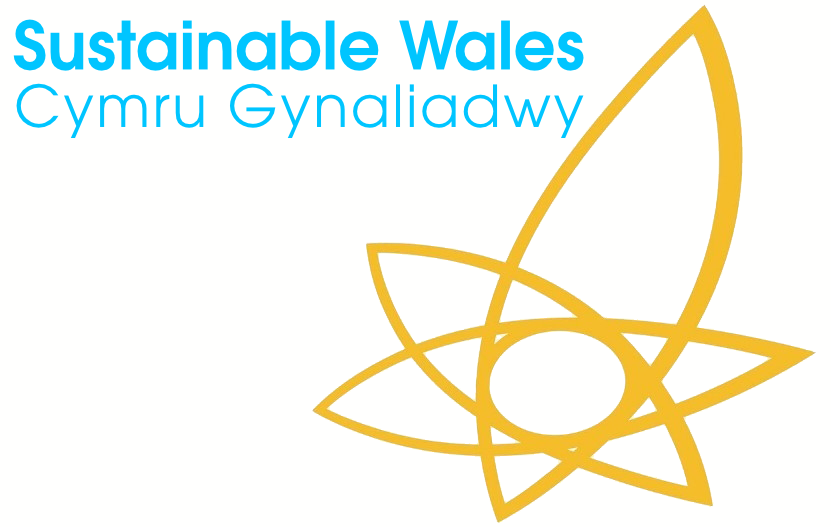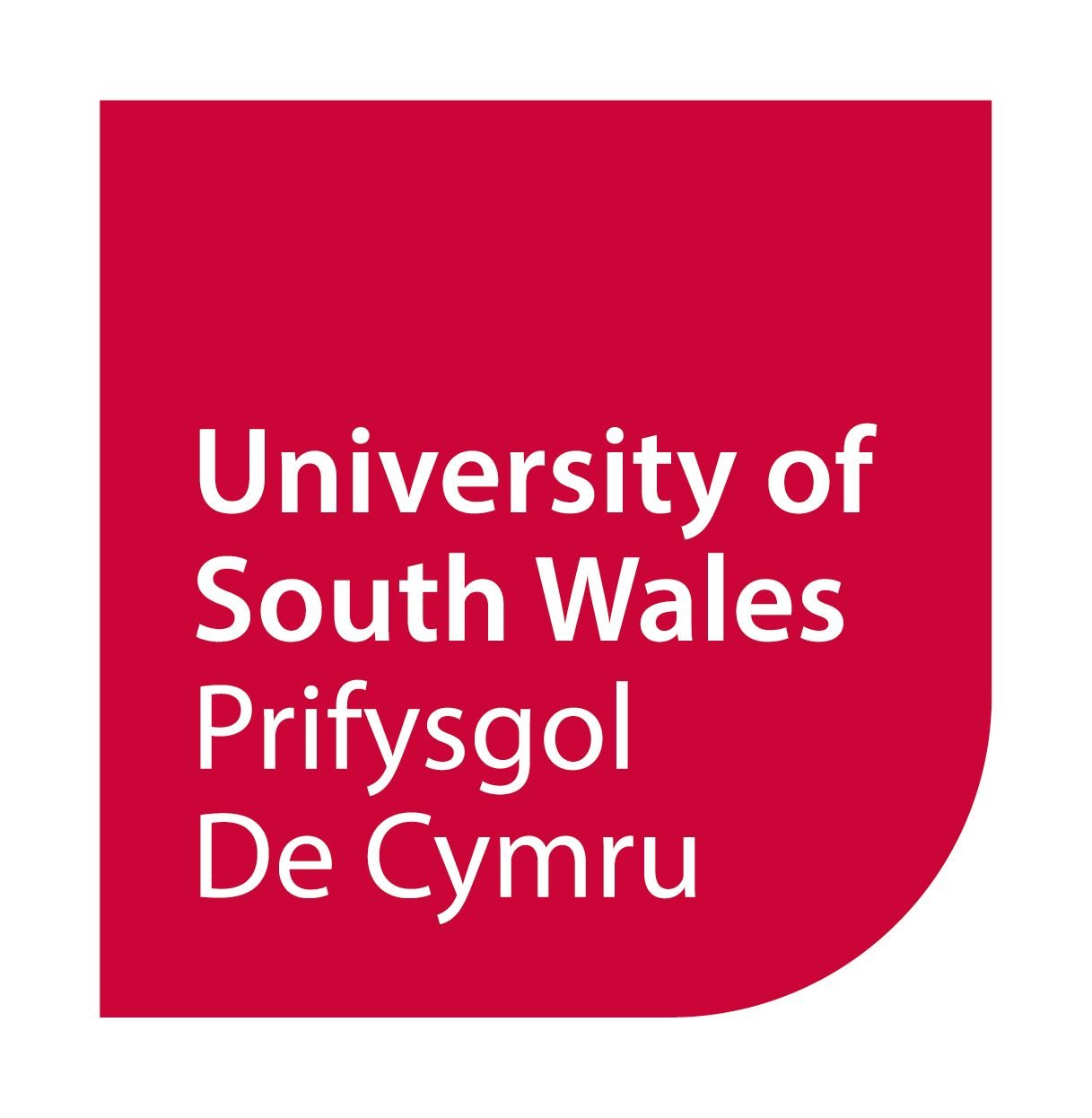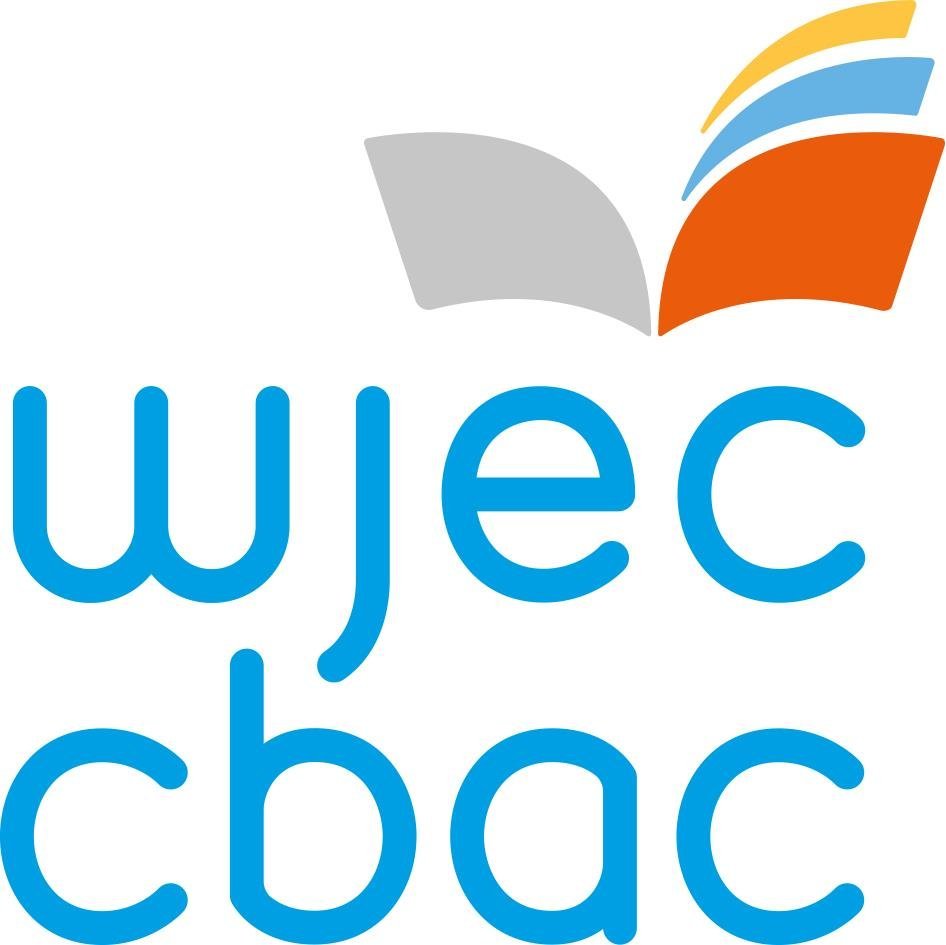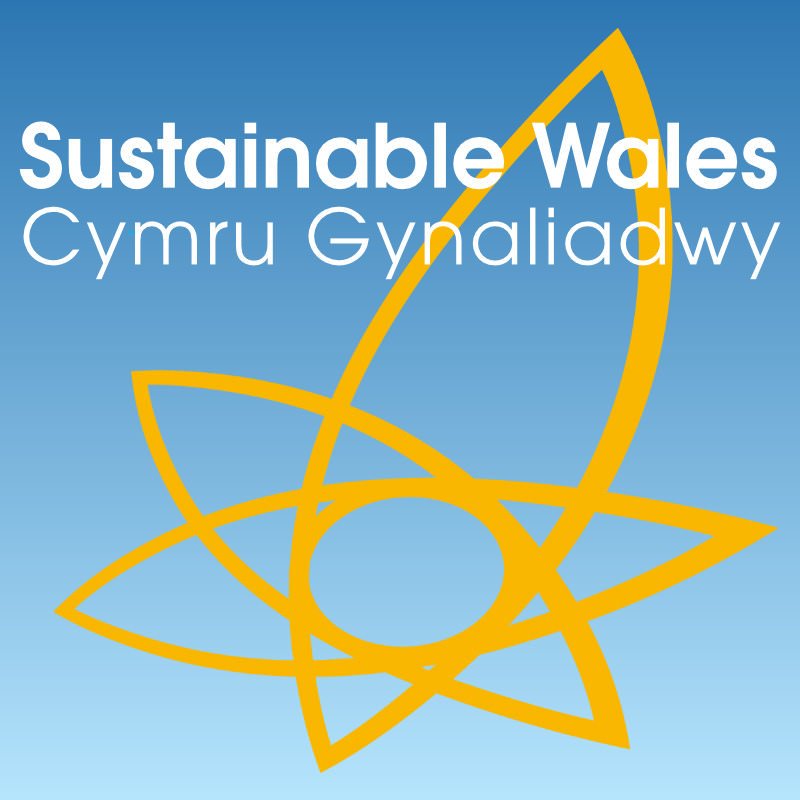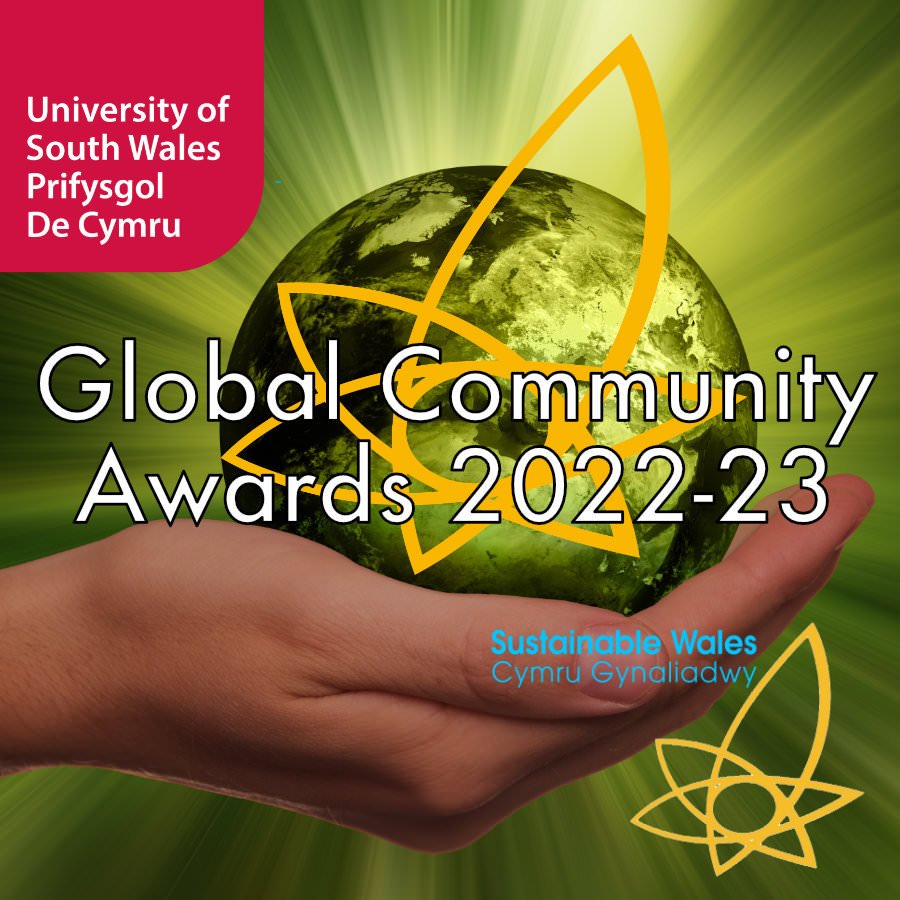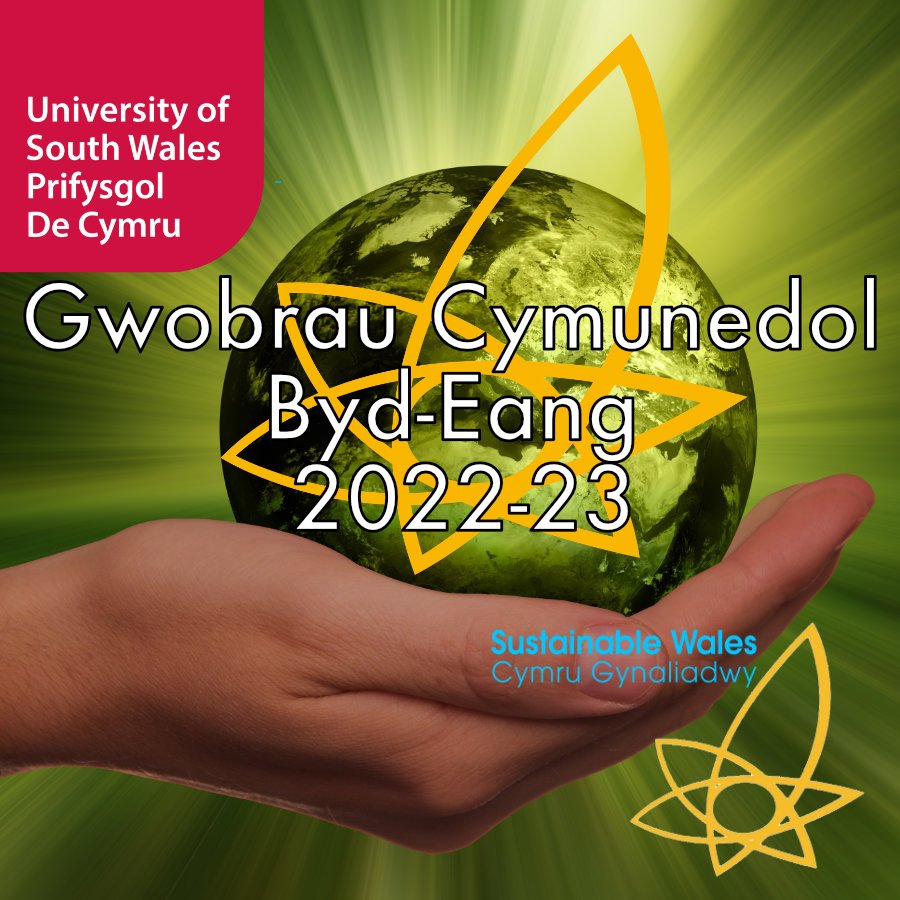Sustainable Wales & University of South Wales
Global Community Awards
Gwobrau Cymunedol Byd-Eang
2022-2023
Global Community Awards Logo 2022-23
What is the problem? What personal, local and global actions can be taken?
the competition explained
For participating schools and colleges in Bridgend County Borough, South Wales:
Year 12 students undertaking their Global Community Project as part of the Advanced Skills Baccalaureate Wales are invited to submit competition entries linked to Sustainable Wales’ key themes:
Informed and active citizens
A net-zero carbon and biodiverse society
Local economy
Resource management and waste prevention
Healthy living and quality of life
Responsible consumerism
Students from participating schools should use the competition entry form (see base of this page for download links) including a short covering statement explaining how their Global Community Awards project fits with one or more of the themes listed.
entries will be judged on how well they address the following questions
1. The Problem – what is it?
2. Solutions – what are they, local or global?
3. Actions needed – what are the next steps to take for action as part of a Global Community?
What is the problem? What personal, local and global actions can be taken?
at the judges discretion, prizes of £250 each will be offered for the two best entries under the following awards
The Steve Harris Award for Sustainable Development
The Alwyn Jones Award for Global Citizenship
Entries will be judged by a panel made up of Sustainable Wales and University of South Wales associates.
Judging Panel
Dr Tony Harris: Course Leader and Senior Lecturer in Environmental Science at USW.
Professor Merryn Hutchings: Emeritus Professor at the Institute for Policy Studies in Education.
Robert Minhinnick: Award-winning writer and long-standing advisor to Sustainable Wales.
why this competition?
Sustainable Wales was set up in 1997 as the first organisation in Wales to focus on sustainable development* as its main activity. The charity aims to help educate businesses, government bodies, community sector and the wider public on what the main problems are for achieving a more sustainable future, and what the possible solutions might be.
Following the idea that sustainable development requires a safe and secure environment to support an engaged, informed and healthy population of humans (society) that can undertake equitable and responsible manufacture and trade (the economy), two key people in the history of Sustainable Wales (Alwyn Jones and Steve Harris) recognised the significant pressures that unsustainable human activty continues to have on the world and were passionate in exploring solutions to our modern dilemma.
In honour of their legacy, Sustainable Wales has partnered with the University of South Wales to offer an annual award in their names, because they both believed in the power of education to help the next generation fulfil its potential.
The need for change has never been more urgent. The future is in our hands. The future is here!
View the winners of the pilot competition in 2022.
*Sustainable development means “development which meets the needs of the present without compromising the ability of future generations to meet their own needs.”
Brundtland Report 1987 (Our Common Future)
final entry date: Friday 19th April 2024
A submission button is on the base of this page to enable uploading of the entries.
ideas to consider…
What is the problem?
What personal, local and global actions can be taken?
o Population and migration – ‘numbers’ and ‘movement’: What are the trends of human population growth? People are leaving their homes and countries in increasing numbers because they can’t make a living where they are, or because they live in fear of violence or persecution, or because of the lure of a better life somewhere else. What are the factors and how should things be managed?
o Locality, mobility and transport: Where people live, work and play affects how they move between places. What factors are at play in modern transport? What do we think of as a ‘local community’?
o Changes in land use, habitat and biodiversity: Humans have encroached into natural habitats, changing the use of the land as they go. What have been the effects of this, and what might happen next? Extinction events are happening across the animal and plant world. Where next for wildlife and biodiversity?
o Technology and resources – use, scarcity and depletion: Waste is the result of the inefficient use of resources. What better ways are there to make, manage and use the resources we have on a finite planet? Is just ‘recycling’ enough to make a difference?
o Food and water – quality and quantity: Where we get our food and water, and the quality of them, affects the quality of our health and our experience of life. Are there different ways we could feed and nourish the world?
o Energy use and production: Sources of energy have changed over the history of human society, from the early use of fire to modern nuclear and renewables. And it’s not just about how we create energy; it’s about how we use it too. What is a sustainable way to manage our energy in the future?
o Pollution and toxicity in the environment: Our natural environment sustains us and enables us to be healthy, as long as it is healthy itself. If we poison the world, are we poisoning ourselves?
o Climate Change: It’s happening! And to what extent it is ‘natural’ or ‘human-induced’ will continue to be debated, but the realities are now with us. What are those realities, and what’s next?
o Social and economic trends – for better or worse: Consumerism and economic growth are widely accepted as foundations of modern society. But are we plundering earth’s resources to supply our throwaway habits, and the constant cycle of boom and bust in pursuit of economic growth – are these ways of doing things fit for the long term? Are there other ways to do things?
o Cultural and religious influences: Artists, philosophers, poets, social and cultural influencers, fashion designers, musicians, religious leaders, communities of faith, and local, regional or national cultural traditions. These are all factors in shaping how we think about ourselves and the world around us. What are those influences? Where have they brought us? Where will they take us?
o Political will for change: as the annual cycle of international COP climate conferences continue, is this an example of how politics and politicians are stepping up to the challenges we all face? Or is it all just words – like Greta Thunberg said, is it just “Blah, blah, blah”? Is there any evidence that political will really exists and is making a difference? Are there other examples of politics doing the right thing?
o Engineering the future – what do the engineers of today need to do to make tomorrow better for everyone?
The suggestions above are just some ideas and possibilities to consider, and are given as a guide only.
Students entering the competition will get the chance to visit USW campus to take part in taster sessions on topics that might be relevant to their projects, and will also get offered a range of other activities from USW to support their research and learning skills into Year 13 to help them prepare for their Advanced Skills Baccalaureate Wales projects.
The need for change has never been more urgent. The future is in your hands. The future is here!
Submit your entries
Competition entries
This is the upload button for competition entries. The files will be uploaded to a online dropbox folder and you will receive a confirmation email upon completion to the email address you provide. Peter Morgan is an advisor to Sustainable Wales and the dropbox account is under our operation.
